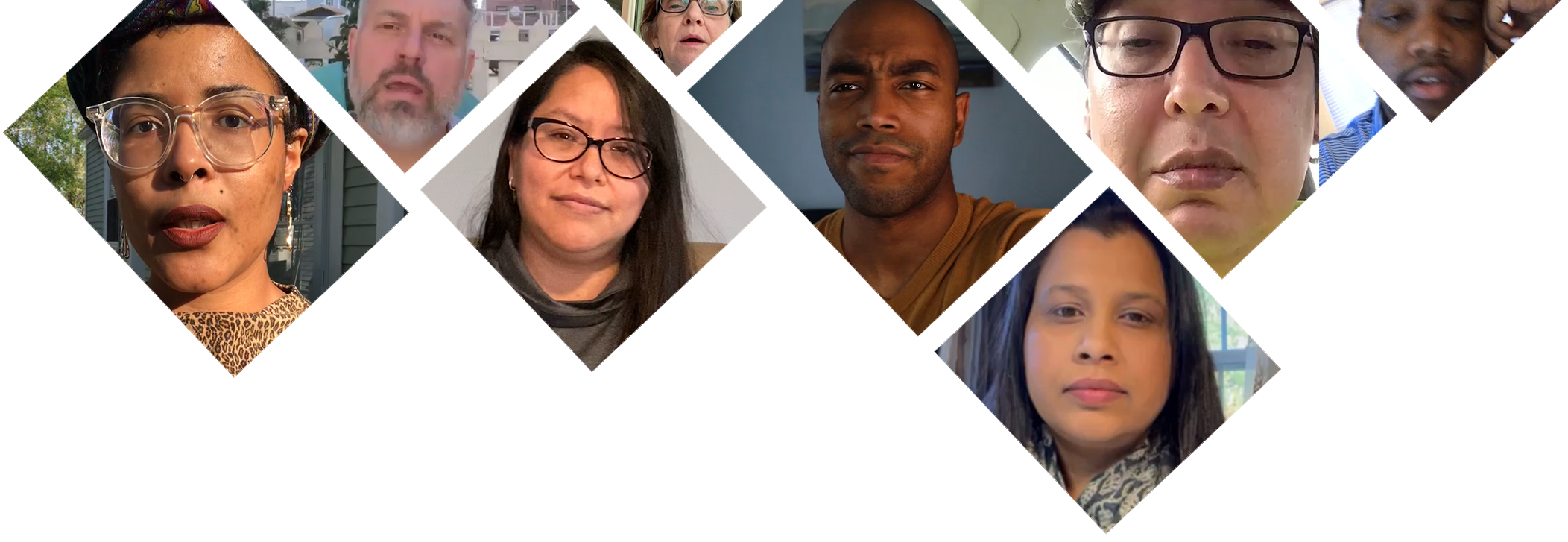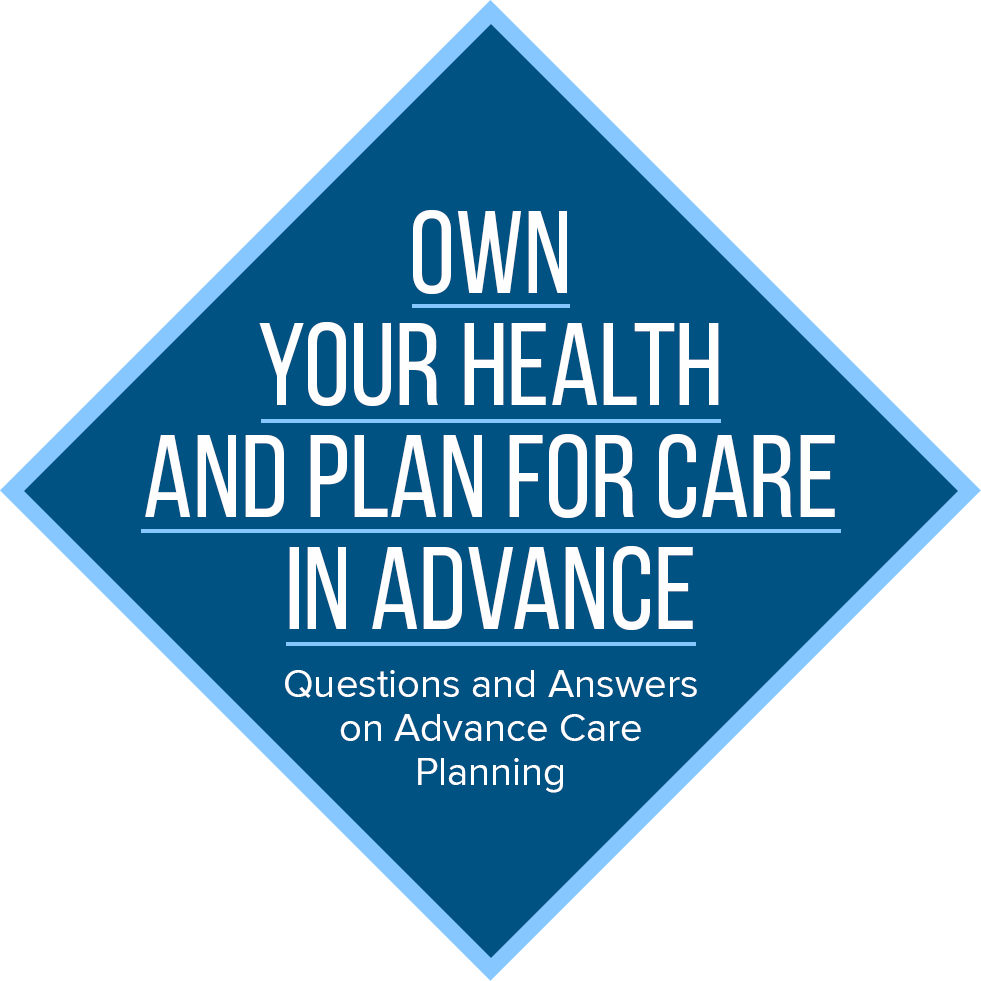

Understanding Advance Care Planning starts here.
An original video series of voices from across North Carolina.
Advance care planning is about helping ensure that your wishes and choices are consistent with the treatment you receive if you were unable to speak for yourself.
For many people, discussions about advance care planning can be very overwhelming: What does it mean? What is involved? How complicated is the process? Is this relevant for me?
We gathered together experts from across the state to answer many of your most important questions with direct, simple answers so you can own your health and plan for care in advance.
Looking to download an advance care plan document? Download this free document from the state of North Carolina.
Need a free and safe place to store your document? Check out Mind My Health.
In “Why Plan for Care in Advance”, April Herring (Community Education/Outreach Coordinator of AuthoraCare Collective) answers the following questions:
- I’m not comfortable talking about this. Why should I be thinking about a situation like this?
- Won’t talking about it make something bad more likely to happen?
- What does advance care planning include?
- I’m always thinking about others. I’ve not thought too much about my own care. What kind of considerations should I be thinking about in my own plan?
- So, in addition to me, a lot of people I care about are impacted by these decisions, right?
In “Talking with Loved Ones and My Faith Community”, Reverend Pam Strader (United Methodist Pastor) answers the following questions:
- These conversations don’t often come up unless someone has died. Should I wait until then or there is real risk to my health to bring up my own advance care planning needs?
- I’m not sure if I have anyone that I trust with this conversation. How do you know who to share these thoughts with?
- My faith community doesn’t really talk too much about this. How can I get a conversation going with someone in my faith that I trust?
- Once I have my advance care plan prepared, how do people I trust with my care access that plan?
- I’m single. What should I know about advance care planning?
In “Types of Documents”, Dr. Arif Kamal, MD (Medical Oncologist, Duke Health, and Associate Professor, Duke University) answers the following questions:
- What kind of documents are included in an advance care plan?
- Living Will? Advance Directive? It sounds like there are a lot of names. Why are there so many different ones?
- So, a Health Care Power of Attorney helps those I trust to legally make some decisions on my behalf? How is that different from a regular Power of Attorney document?
- I had a cousin with a serious heart condition and they had something more intense than an Advance Directive. Is that common?
- This seems like a lot of documents? Do I need a lawyer for all of these?
In “Advance Care Planning Terms to Know”, Dr. Catherine Sevier, DrPH (State President, NC-AARP) answers the following questions:
- What is an “Authorized Surrogate” or “Health Care Agent”?
- I hear a lot about organ donation. What all does that mean and why is it part of my plan?
- How do I register as an organ donor?
- When my document says “I want no artificial support to keep me alive”, what does that mean?
In “Drafting Your Advance Care Plan”, Marisette Hasan, BSN RN (President/CEO, The Carolinas Center) answers the following questions:
- What do you recommend is my first step in drafting my advance care plan? Who should be involved?
- What is required for me to complete my Advance Care Plan and have it recognized as a legal document?
- Why must I choose between prioritizing my living will and my health care agent?
- I have some specific things I want to share with my care providers. Is there a way I can leave some notes for things I think are important?
In “Common Legal Questions”, Ken Burgess (Health Care Attorney/Partner, Poyner Spruill, LLP) answers the following questions:
- What does the US law say about my advance care plan?
- So, let’s say I am not able to speak for myself – and I have the advance directive, and my family shows up, my friends showup, and the doctor is in the room: who really makes the decisions?
- I travel a lot. Is my Advance Care Plan still relevant when I leave the state?
- How often do I update my documents? And what happens with my old documents if the law changes?
- I served in the Military and had all this documentation. What do I do now?
In “Connecting With My Care Providers”, Dr. Donna Lake, PhD (Professor, East Carolina University) answers the following questions:
- I have a doctor. I have a specialist. I have a physical therapist, too. Who needs to know about my Advance care planning?
- How do I make sure my care provider has access to my Advance Care Plan?
- How are decisions made about my care in a medical setting?
- What additional information can I provide to help a provider make their best assessment?
- Say I’m in an accident. What are the next steps my family and friends would take?
- I had a family member with a pretty serious illness with significantly more involved procedures each time they had an incident. That family member shared that they were considering a DNR in case of future episodes. I’ve heard about a DNR, what does that mean?
These videos are not legal or medical advice. Everything provided is for informational purposes and not for the purpose of providing legal or healthcare advice. You should always contact your health provider or attorney to obtain advice with respect to any healthcare or advance planning decision. Nothing here should be construed to form an attorney client or healthcare patient relationship.
Thank you.
These videos are provided through funding by The Duke Endowment, as well as support from the License to Give Trust Fund of North Carolina.
We are grateful for our incredible experts:
April Herring • Reverend Pam Strader • Dr. Arif Kamal, MD • Dr. Catherine Sevier, PhD • Marisette Hasan, BSN RN • Ken Burgess • Dr. Donna Lake
Thank you to all of our North Carolinian voices: Alex • Chris • Doreen • Ellie • Hunter • Jeffrey • Justin • Kathie • Larry • Lyndie • Marcus • Mark • Marsha • Michael • Parvathy • Thomas • Todd • Vere
Special thanks to our production team: Allison Crossman and David Sevier of HSHIG • Jon Camp of Campsight Strategies • Shane Lukas of A Great Idea